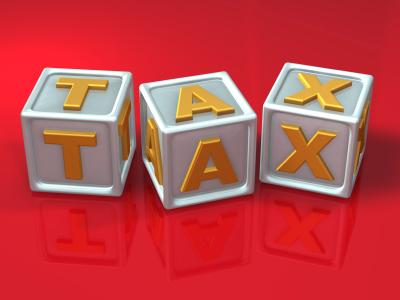If you are considering upgrading your property you may be looking at your existing home and feeling it could make a good investment property. Whether it is the right move for you will depend on a number of factors.
Tax deductible debt
Interest which is directly linked to income producing investment assets is tax deductible.
Many people assume they can simply redraw or set up a new loan on their old home (which will become an investment property) and claim that debt as a tax deduction. This is not correct.
Example
When Bill purchased his original home he borrowed $350000. Over time Bill has paid the debt down to $100,000. Bill decides to upgrade to a $500000 property. The purchase costs are $25000. Using the equity in his existing home Bill redraws the original loan back to $350000 ($250000 increase) and then borrows the remaining $275000 against the new property.
Because Bill has a loan of $350000 against his investment property he assumes that all this loan is tax deductible. Bill is dead wrong.
Which property the loan is secured against is irrelevant – it is the purpose of the loan that the ATO will consider. In this case the purpose of the $250000 increase was to assist with the purchase of a new owner-occupied property therefore the purpose is not for investment purposes and therefore is not tax-deductible.
Only $100,000 of the loan is tax-deductible. The remaining $525000 offers no tax benefit whatsoever.
Age
If the property is older than 5 years it will offer little in the way of depreciation for plant and equipment which would offer significant tax write downs. It will also have lower capital depreciation deductions.
Tax Refund
The impact of both the lower interest and the age of the property could mean that Bill will miss out on a tax refund of around $7000 if he had instead sold his own home and borrowed for a new investment
Capital gains tax
As his existing home is his principle place of residence Bill can sell it today capital gains tax free. If he purchases a new principle place of residence his existing home will attract capital gains tax if it is sold at a gain. So for example Bill holds onto the old home for a further 10 years and it increases in value by $200000. Bill sells the property and is taxed on 50% of the gain - $100000 at the applicable marginal rate.
So he has not only missed out on a substantial tax refund for the last 10 years he now gets hit with a huge capital gains tax bill as well.
Repairs
If it is a significantly older property then it may also present significant maintenance and repair issues which will impact the overall cashflow of the property.
Performance
Just because you have an emotional attachment to the home doesn’t make it a great investment property. The rental yields and capital growth rates may be substantially less than what can be achieved elsewhere.
What opportunities are you missing?
Are there ways to improve your current cashflow that you are not currently doing? Are your finances correctly structured to build a property portfolio or are they holding you back? Do you have a plan of attack of how to build a portfolio? Are your finances set up to ensure you can acquire property without negatively impacting your lifestyle? Are there things you are missing that you should or could be doing that could have a significant impact on your wealth creation plans?
Contact us for an initial discussion.

What are the secrects you need to know before you start investing?
Sign up for FREE Online Investor Bootcamp to start receving information straight way
All the best
Greg Carroll
MTA
View my profile






